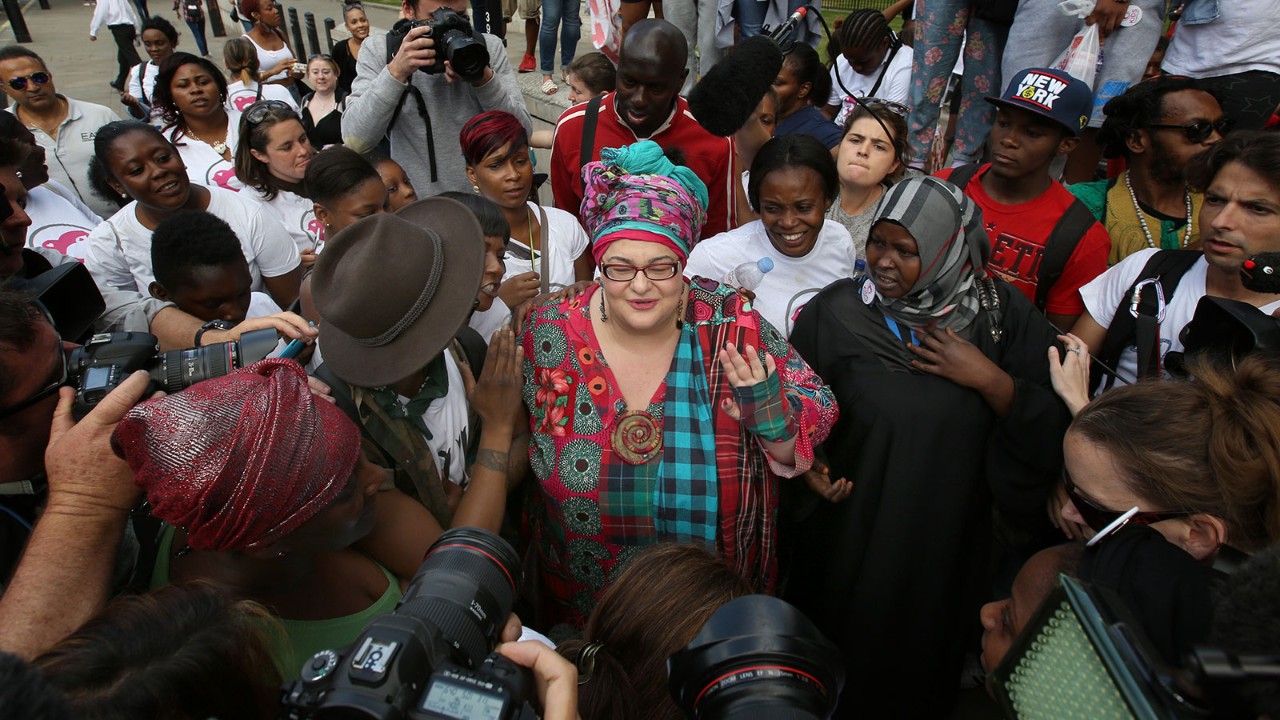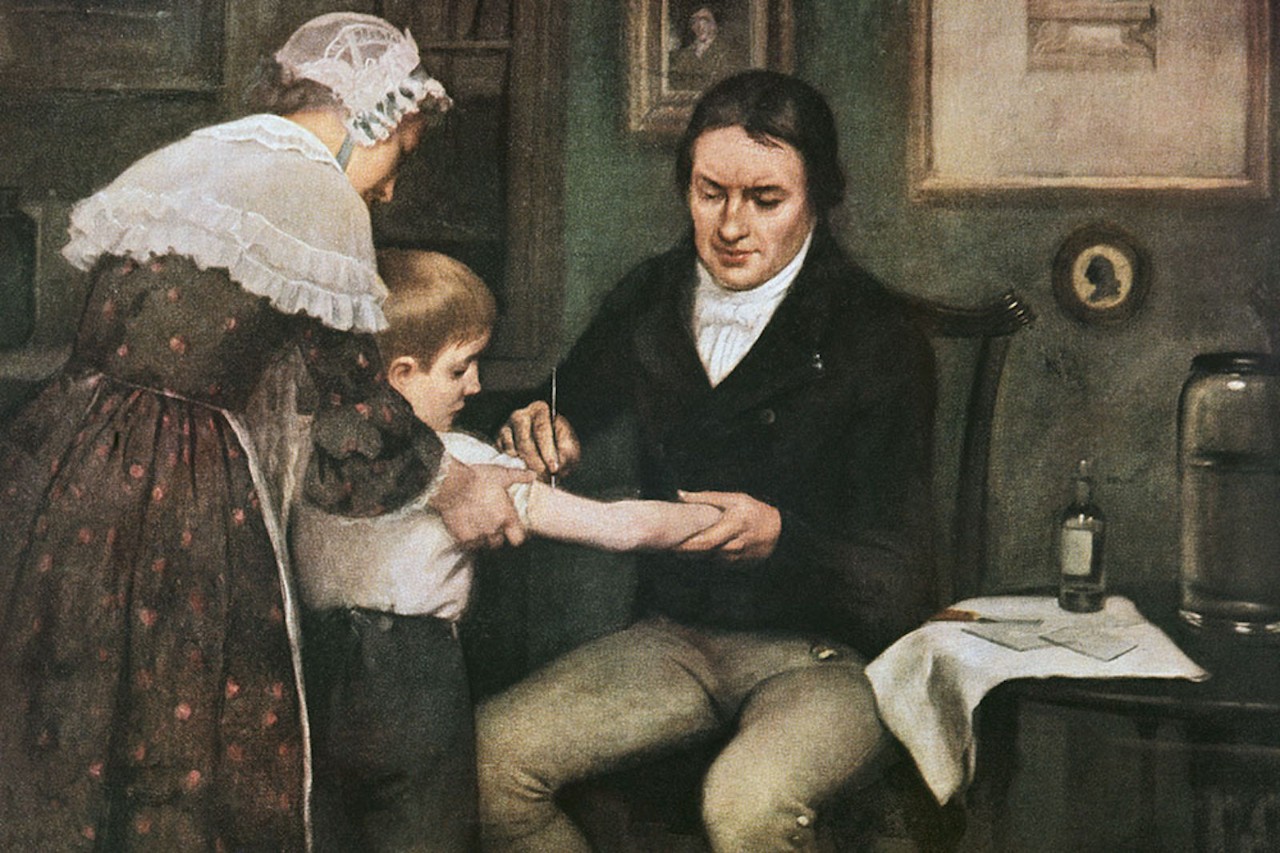
Kids Company is back in the headlines. Five years after the charity’s very public collapse in 2015, the official receiver’s claim to disqualify each of seven former trustees/directors and the ex-CEO for periods up to six years was heard in a 10-week trial from October to December 2020.
Mrs Justice Falk, in a 221-page judgment, dismissed the claim comprehensively and cleared the trustees of all allegations of incompetence. Her ruling stands in sharp contrast to the report by the House of Commons Public Administration and Constitutional Affairs Committee in 2016, which was highly critical of all those involved in the failure of Kids Company.
Falk concluded that Kids Company would probably have survived had the sexual abuse allegations not gone public
There are almost one million volunteer trustees in England and Wales. This verdict has been hailed as a victory for them and for the charitable sector in general. Certainly, it is vindication for the Kids Company trustees.
But there is no room for complacency. The judgment underlines the need for good governance in charities, as promoted by the Charity Governance Code and contains important messages for trustees.
The judge’s findings
The first lesson from the case is to reinforce the contingent nature of the litigation process itself. The official receiver began proceedings in August 2017 and spent almost £740,000 on legal fees during the trial. However, the prosecution arguments failed to stand up to forensic examination in court.
Falk was required to consider two issues.
First, although never appointed a director of Kids Company, was the CEO acting as a de facto director? The judge was not persuaded. While CEO Camila Batmanghelidjh was the founder of Kids Company and clearly exercised significant influence, neither her title nor her conduct made her a director. She was ‘not part of the ultimate decision-making structure’; rather, she was accountable to the trustees and subject to their supervision and direction.
This is important because many charities and public sector bodies operate a dual system whereby a board of non-executive directors sits separately from the CEO and senior management team. This requires an appropriate governance framework to work effectively – clear processes of decision-making where delegated authority protocols are in place and are working.
The judge is clear that, although difficult to control at times, Batmanghelidjh carried out her executive role under delegated authority and was subject to the supervision of the board of trustees. She was not a de facto director.
Second, were the trustees unfit, in that they ‘caused and/or allowed Kids Company to operate an unsustainable business model’? The official receiver presented various arguments supporting this allegation. The central theme was that the trustees were incompetent. They allowed Kids Company to operate a ‘demand-led’ model, whereby a child in need was never turned away, despite funding being secured on an ad hoc basis and without building up sufficient cash reserves, thereby making failure inevitable.
Again, the judge was not persuaded. Indeed, she was ‘wholly satisfied’ that a disqualification order was not warranted against any of the defendants.
The judgment underlines the need for good governance and contains important messages for charity trustees
There are two key messages in this part of the judgment:
- Always act honestly. The courts traditionally take a more benevolent approach to ‘incompetence’ in a charity compared to a commercial company, to avoid deterring individuals from becoming trustees. This only applies where no dishonesty or wilful misconduct is alleged, as with Kids Company.
- The importance of an effective charity board. The judge considered the Kids Company trustees to be ‘a group of highly impressive and dedicated individuals’, praised their diligence and considered the level of scrutiny they applied appropriate.
Falk concluded that Kids Company would probably have survived had the sexual abuse allegations not gone public. (It had secured government funding and was in the process of restructuring.) She held that the claim failed as a matter of substance – the trustees were not unfit. ‘The decisions they made were matters of honest judgment, made in difficult circumstances in what they thought were the best interests of the charity,’ she said.
Next steps
The case is not entirely over for the trustees because the Charity Commission’s statutory inquiry, put on hold pending the conclusion of the official receiver’s action, remains outstanding. The commission will also produce an inquiry report, setting out lessons learned. This is likely to be important, especially so given the solvency pressures that many charities are currently experiencing because of the pandemic.
What was Kids Company?
Kids Company was founded in 1996 by Camila Batmanghelidjh to provide support to disadvantaged and vulnerable young people, often in challenging circumstances. As with many charities, it was incorporated as a company limited by guarantee so that its trustees were also the directors.
The trustees operated through regular board and committee meetings. They were non-executive directors, receiving no remuneration for their role.
Kids Company employed an executive team, with Batmanghelidjh as CEO. She was neither a trustee nor was she appointed as a director.
The charity developed and expanded through a combination of government grants and private donations, relying significantly on the fundraising skills of the CEO.
By 2015, Kids Company employed more than 600 people and was working with up to 36,000 young people in London, Bristol and Liverpool.
It collapsed suddenly in August 2015 following a police investigation into allegations of sexual assault. Although the charity was subsequently cleared, the allegations went public, generating widespread concern and resulting in the immediate withdrawal of government funding. Kids Company was forced into insolvent liquidation.



